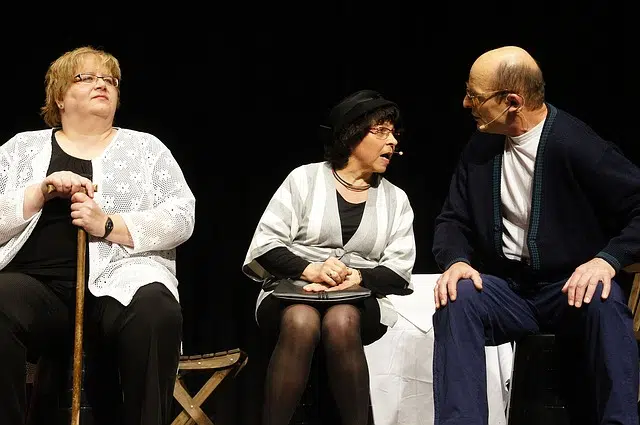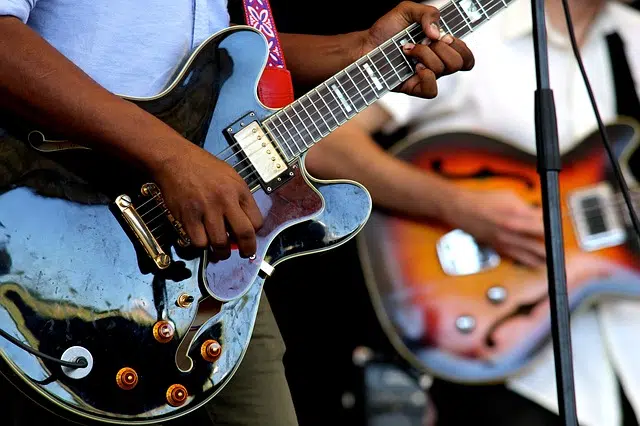
Improvisation is very important in theater.
Improvisation is the action and effect of improvising : that is, doing something suddenly, without having previously prepared or without the environment expecting it. By extension, the work or improvised musical performance is known as improvisation. For example: "The guitarist surprised with a ten-minute improvisation."
Improvising means carrying out some action without having planned it beforehand. In any case, there are resources that artists can exploit to develop their improvisation capacity. Thus, although this appears as a kind of natural act, it can also be subject or supported by a previous structure .
Improvisation exercises
Improvisation exercises stimulate the creativity of the artists and encourage an active attitude on the part of the audience, who, in a way, does not know what to expect from the performances. Improvisation can try to be understood by the viewer or listener, or simply be received from the field of the senses.
For theater students it is very important to prepare to function skillfully in any situation and with limited scenography resources. Through improvisation it is possible to obtain the acting tools necessary to convince an audience of the presence of beings and objects that are not really in front of them.
Generally, those who make the most use of improvisation are comedians . As indicated in previous paragraphs, these people usually have a set of acting resources that increases and is perfected over the years, which allows them to make decisions unforeseen by the public but based on a series of knowledge such as which repertoire is most effective. with each type of audience.
A resource to save unforeseen events
In theater , improvisation appears as a way to overcome unforeseen events. If an actor forgets the script and does not know how to continue, he can use this resource to carry out the scene, trusting that his colleagues will understand what is happening and will contribute with it. Therefore, this practice can also reinforce teamwork.
When two or more actors are willing to improvise, they must be supportive and take into account the individual positions of each one and their roles in the play. In case an actor starts improvising without giving any input to his partner, it will surely affect the other's performance and leave him without a framework to develop his character.

In music, improvisation allows sensations and emotions to emerge.
Improvisation in music
For musicians , improvisation represents a fundamental tool whose use during the study of a work can significantly improve confidence when performing it. Generally, it is considered that classical or academic music, depending on the label that each person assigns to it, does not allow unexpected modifications and that all pieces must be performed as indicated in the scores. On the one hand, it is unfortunate that for most artists this is the case, but on the other it is important to understand that improvising does not necessarily entail a melodic change.
When singing, for example, a good musician takes his audience along a path of emotions and sensations, which should surprise and be interesting every time he listens to the same song. This effect of being magically transported to other planes while appreciating a musical work depends on several factors, such as the sincerity with which the singer expresses himself and his ability to give importance to each word he pronounces. In the world of opera , the public does not usually look favorably on altering a melody, but that does not prevent a soprano from playing with intensities and speed, as well as with gestures and body movements to renew arias in each performance . that have been printed on sheets of paper for a couple of centuries or more.
